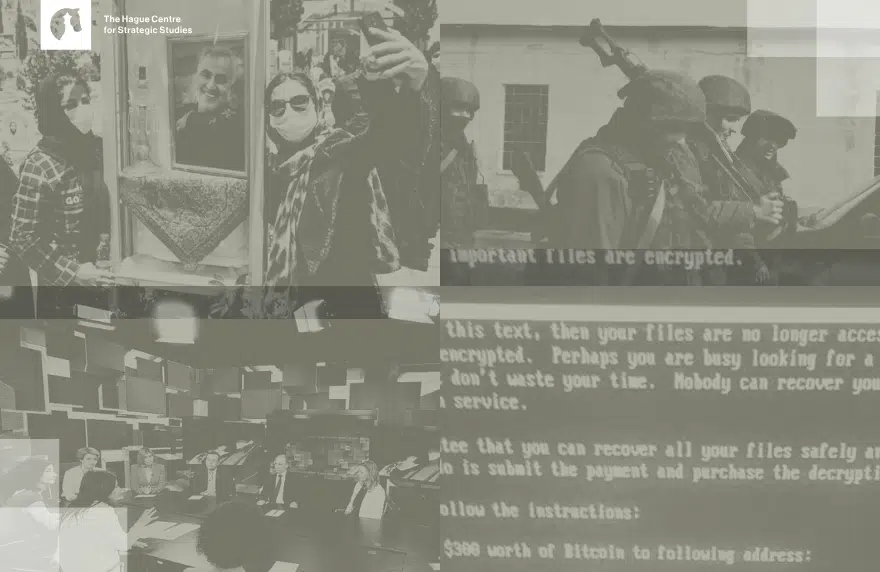Research
Hybrid threats present a significant challenge to liberal Western democracies, which have often been slow to adapt to the complexities of modern hybrid conducts. These threats encompass a broad spectrum of hostile activities—both violent and non-violent—across military and civilian domains, often falling short of full-scale armed conflict. Their ambiguity, cross-domain nature, and the unpredictability of their effects complicate both recognition and response.
This research we model game-theoretically the effectiveness of different counter-measures Western governments can adopt to counter such threats. Examples of measures are strengthening resilience and denial of the adversary’s ability to execute a hybrid threat to dissuasion or the threat of punishment. The model highlights the persistent uncertainty surrounding their impact and the dynamics they introduce into contemporary security environments. By analysing these simulations, the research identifies patterns in the effectiveness of these measures and explores how small changes in assumptions affect results. It offers insights into strategies for managing hybrid threats. It offers policymakers a practical tool for understanding and responding to hybrid threats.
Link to the paper “Multi-agent influence diagrams to hybrid threat modeling”: https://journals.sagepub.com/doi/epub/10.1177/15485129251315178
Authors: Maarten C Vonk, Anna V Kononova, Thomas Bäck and Tim Sweijs
This article was published with Sage Publishing and The Journal of Defense Modeling and Simulation
Partner institution: Leiden Institute for Advanced Computer Science
The research for and production of this report has been conducted within the PROGRESS research framework agreement. Responsibility for the contents and for the opinions expressed, rests solely with the authors and does not constitute, nor should be construed as, an endorsement by the Netherlands Ministries of Foreign Affairs and Defence.







